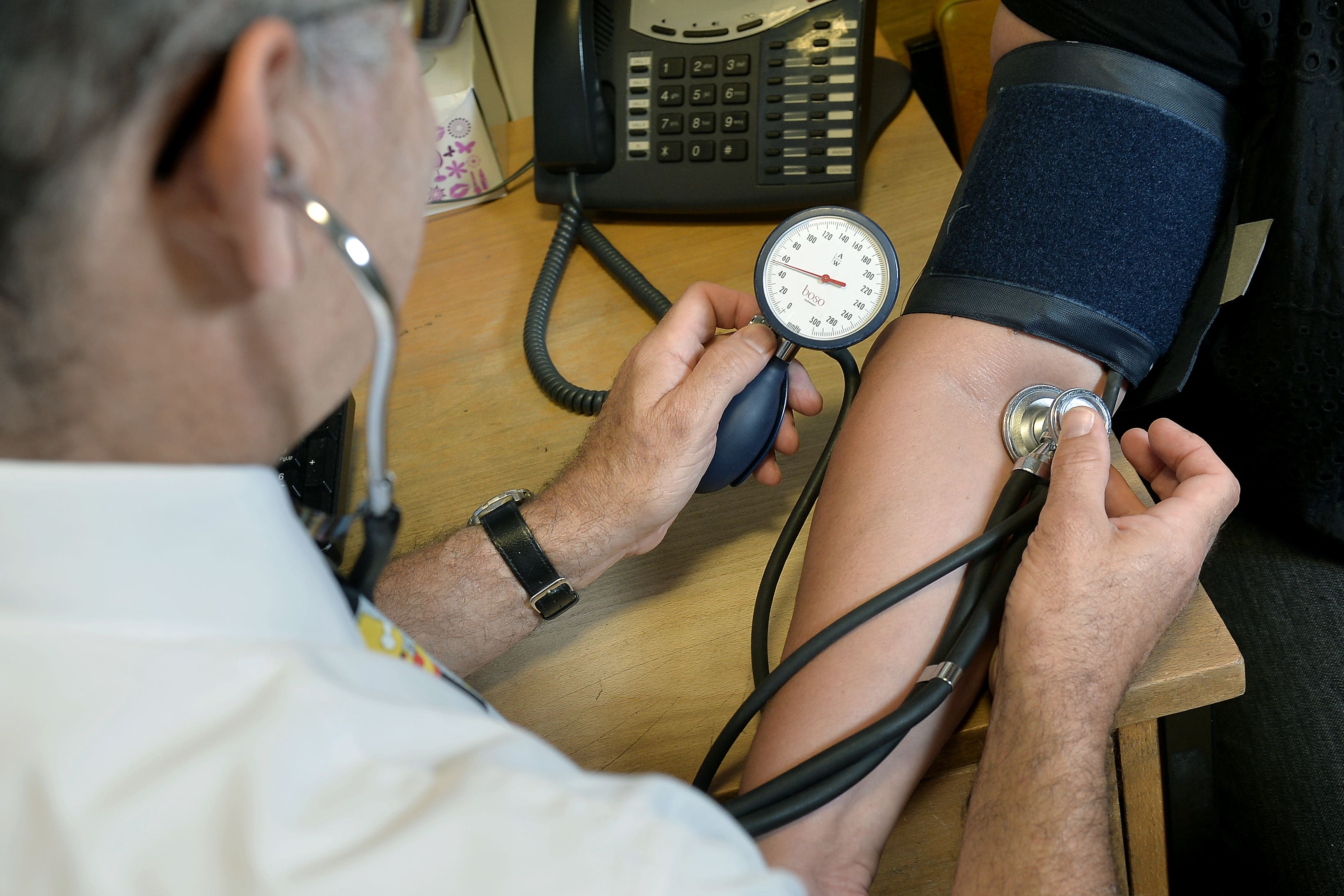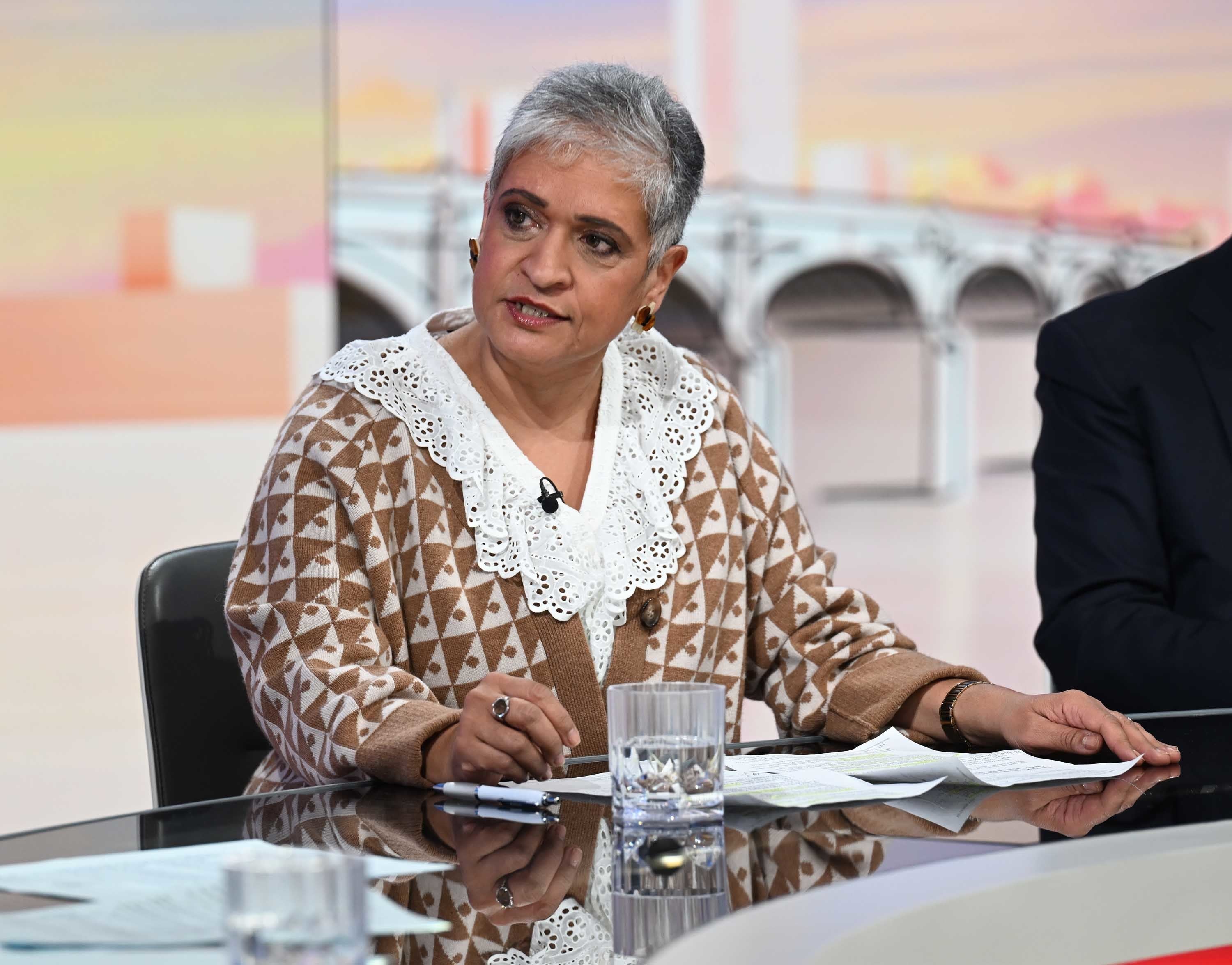One in five patients don’t know the difference between doctors and physician associates, watchdog warns
Charities call for NHS to make information on physician associates more accessible to patients

Almost a quarter of people do not know the difference between a physician associate and a doctor, according to a new poll.
While 52 per cent of people can differentiate between the two roles, some 23 per cent said they did not know the difference, the survey conducted for Healthwatch England has revealed.
The organisation, which represents the interests of patients across England, has called for more clarity around the role of physician associates (PAs).
PAs, who undertake two years of postgraduate training, have been used within the NHS since the early Noughties and are supposed to be support staff for doctors.
However, the use of the roles within the NHS has come under increased scrutiny and opposition in the last year from medics.
Writing in the GP magazine Pulse, Louise Ansari, chief executive of Healthwatch England, said: “The need for clarity on the role of PAs came across strongly in reports from local Healthwatch.
“Some local Healthwatch [organisations] explained that while patients might have heard of PAs and understood that they were not doctors, people’s understanding [of] what they can and can’t do is more limited.
“In many cases, patients needed to be made aware of the local presence of PAs, and often only found out about the role when given an appointment with a PA.”

She said in some examples patients said they had specifically asked to see a doctor but were given a PA instead.
However, where people knew they had seen a PA, their reports tended to be positive and patients reported they valued the care a PA gave, according to Ms Ansari.
Three in five adults said that during their last NHS appointment, the person providing their care clearly explained their role, according to the survey, conducted by Savanta on 1,677 people across England.
Ms Ansari added: “People think it’s important to know who is treating them, and NHS staff are meant to identify themselves.”
Healthwatch England and charity National Voices have set out a series of measures which they say could improve clarity about the role including requirements for physician associates and those in training to explain their role to new patients.
The organisations also called for “clarity on effectiveness” saying that health officials should formally evaluate people’s experience of physician associates in GP and hospital settings.
Physician associates, also called medical associate professionals (Maps), have been used within the NHS for more than two decades, however their roles have been under increased scrutiny after the death of Emily Chesterton in November 2022.
The 30-year-old from Salford had been under the impression that she was seeing a GP but was actually seen twice by a PA, who failed on both occasions to spot that her leg pain and breathlessness was a blood clot, which ultimately travelled to her lungs.
The NHS long-term workforce plan sets out an ambition to establish a workforce of 10,000 physician associates by 2036-37.
Leading medics, including the Royal College of GPs and the BMA, have called for a halt to the recruitment of PAs while concerns about the roles are addressed.
A survery by the RCGP in June of GPs revealed that a quarter of those who had experience working with PAs said there was no time scheduled for doctors to regularly supervise them.

The British Medical Association (BMA) has said that there is a “dangerous blurring of lines” for patients between doctor and assistant roles and has published guidance suggesting restrictions on their use.
The organisation representing PAs, United Medical Associate Professionals, has previously warned patients could be harmed by the BMA’s attempts to “reduce the capacity of MAPs to care for patients”.
An NHS England spokesperson said it has published recent guidance setting out expectations on the use of Maps and clarity on their responsibilities.
It is also working with Healthwatch and the Patients Association to produce materials for the public explaining the roles.
A Department of Health and Social Care spokesperson said: “Physician associates have played an important role in the NHS for over two decades, but we are clear they should be supporting, not replacing, doctors and receive the appropriate level of supervision by healthcare organisations.”
Join our commenting forum
Join thought-provoking conversations, follow other Independent readers and see their replies
Comments
Bookmark popover
Removed from bookmarks